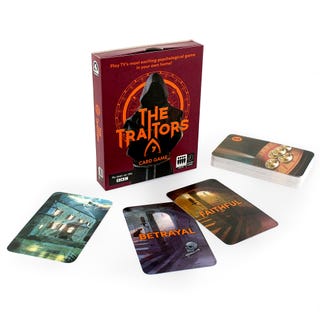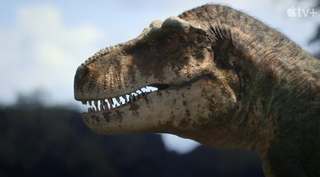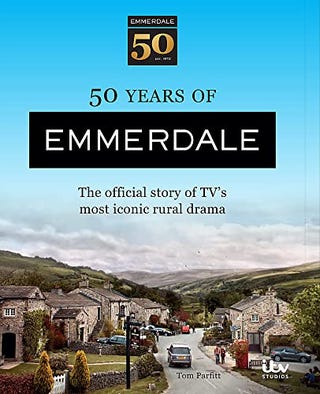We've already had one take on Pinocchio this year, but it should already be obvious Guillermo del Toro's Pinocchio is a significant improvement on that soulless Disney live-action remake.
A long-gestating passion project for the director, this new take on Pinocchio couldn't be further from the Pinocchio you know. Along with award-winning stop-motion animator Mark Gustafson, del Toro has delved back into Carlo Collodi's 1883 novel The Adventures of Pinocchio for an innovative take on a familiar tale.
Structurally, this version does hit the beats you'd expect as woodcarver Geppetto (David Bradley) creates the titular wooden boy (Gregory Mann), who then learns what it means to be alive with the guidance of a talking cricket (Ewan McGregor).
But by setting it in 1930s Italy against the backdrop of fascism (and even including Mussolini himself), this is a richer and more emotional version of the oft-told story.
It's not just the story that marks this Pinocchio out from the others: it's been brought to life in stop-motion animation. Even if you still end up feeling that the story is too familiar, you'll be able to appreciate the craftmanship and spectacular design of the world.
Inspired by Gris Grimly's designs in the 2002 edition of Collodi's novel, our favourite wooden boy has never actually looked so rough, carved by Geppetto in a drunken rage at the loss of his son. In a striking design, Pinocchio is missing an ear, has nails sticking out of him and when his nose grows, unwieldy branches grow out of it.
You won't be able to miss del Toro's fingerprints all over the visuals either, to the extent that even if you didn't know he was involved, you'd know anyway. The strongest new element sees Pinocchio go to a kind of limbo whenever he dies, occupied by Death (Tilda Swinton), a majestic and dark fantastical creature that could not be more del Toro.
There are also Easter eggs in the world referring to all of del Toro's previous work, including Pan's Labyrinth and The Devil's Backbone, which Pinocchio forms an unofficial trilogy with. They're all stories about children during war, with Pinocchio even getting trained up for battle in another unexpected departure.
If that all sounds a bit heavy for a children's movie, fear not. There is darkness and explorations of what it means to be human, but del Toro and Gustafson are careful to balance the tones. Like its mischievous central character, Pinocchio is also often very funny and playful.
You won't hear 'When You Wish Upon a Star' here, yet there are also songs included that compliment the gorgeous score by Alexandre Desplat. It might deal in darker themes and sections could prove too scary for younger viewers, but it's still a family movie – or at least as close as del Toro will get to making one.
What will end up surprising you most about the movie though is just how much it affects you. For the most part, you'll fool yourself into thinking that everything is brilliantly done yet not fully involving, until a thoughtful coda that crushes your heart and redefines Pinocchio's central theme of being a 'real boy'.
It's an affecting finale that'll leave you weeping into the credits and ensures Guillermo del Toro's Pinocchio has both substance and style. Pinocchio might not be a real boy, but there's nothing wooden about this adaptation.
Guillermo del Toro's Pinocchio is available to watch now on Netflix.






























